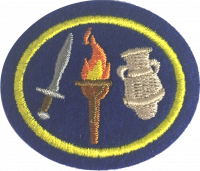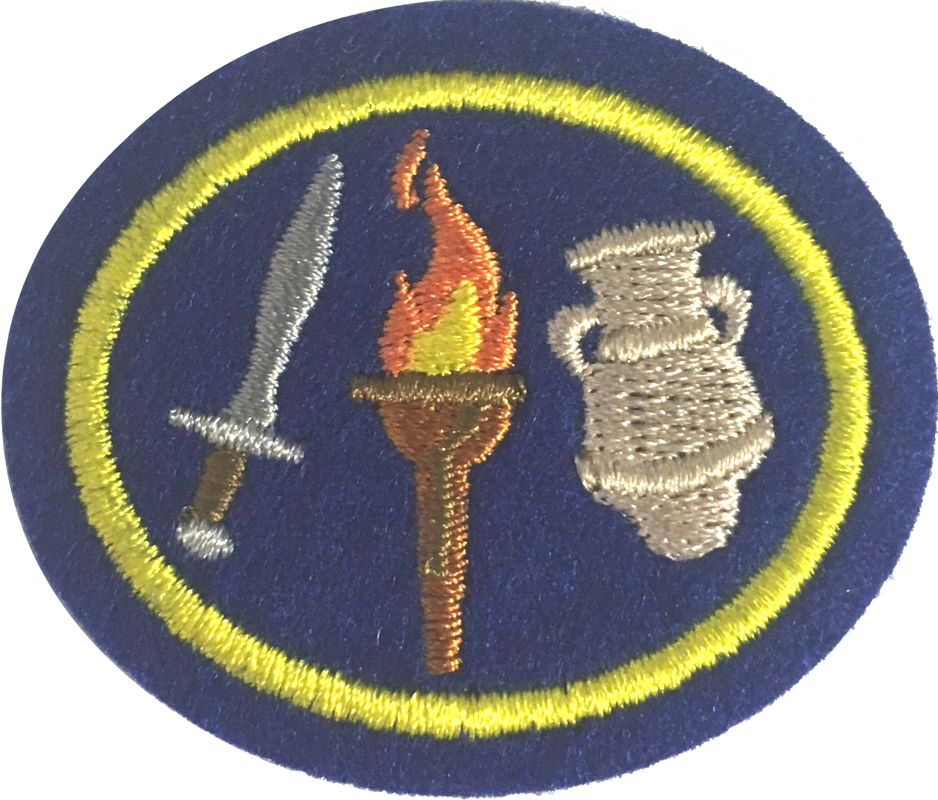AY Honor Judges of Israel Requirements
1. Define the following:
- a. "judge" when referring to a person
- b. "judge" when referring to an action
2. Read chapter 3 of the book of Judges and then answer the following questions:
- a. What were the roles of the judges of Israel?
- b. How did the judges of Israel differ from the judges we have today?
3. Create a table that describes the book of Judges; it should include the following headers (note that not all the entries for each block in the table will be known).
- a. The name of each of the twelve judges in the book of Judges
- b. The tribe the judge was from
- c. The enemy defeated
- d. Number of years of oppression by that enemy
- e. Number of years of peace after the enemy’s defeat
4. Name three other judges listed in other books of the Bible.
5. Name the first and last judge of Israel.
6. In what time period did the judges lead Israel?
7. What was the form of government under the rule of the judges?
8. Create a visual demonstration (pictures, collage, digital presentation, demonstration, etc.) or dramatic demonstration (song, poem, dramatic reading, skit, etc.) depicting the deeds of either Samson or Gideon.
9. Read chapters 4 and 5 of the book of Judges and discuss the following questions with your Pathfinder counselor or church pastor:
- a. What were Deborah’s roles as a leader of the children of Israel?
- b. What roles have women been biblically called to serve (provide supporting texts)?
- c. Why was Barak denied victory over his enemy?
10. Read chapter 14 of the book of Judges and discuss the following questions with your Pathfinder counselor or church pastor:
- a. What are the difficulties associated with a marriage outside of one’s own faith?
- b. If one does marry outside of their faith, how can they best maintain their faith?
- c. Why did God continue to bless Samson with superhuman strength after he turned from God’s ways?
11. Take turns role playing as a judge on some matter of import (whether real or made up) for your Pathfinder Club / Unit / or your Sabbath School class. In each case, there should be a plaintiff that brings forth a complaint, a defendant that the complaint is made against, and a judge that will provide the final say in the matter. The matter should have some reward or penalty associated with the decision to make rendering a judgement more realistic.
12. Read chapter 11 of the book of Judges and discuss the vow of Jephthah with your Pathfinder counselor or church pastor. Does God hold us to our vows when it causes pain to others?
13. Analyze some of the possible reasons why God called for judges in Israel.
14. What action brought on the end of the period of the judges?


